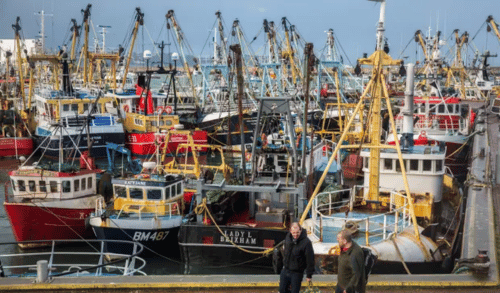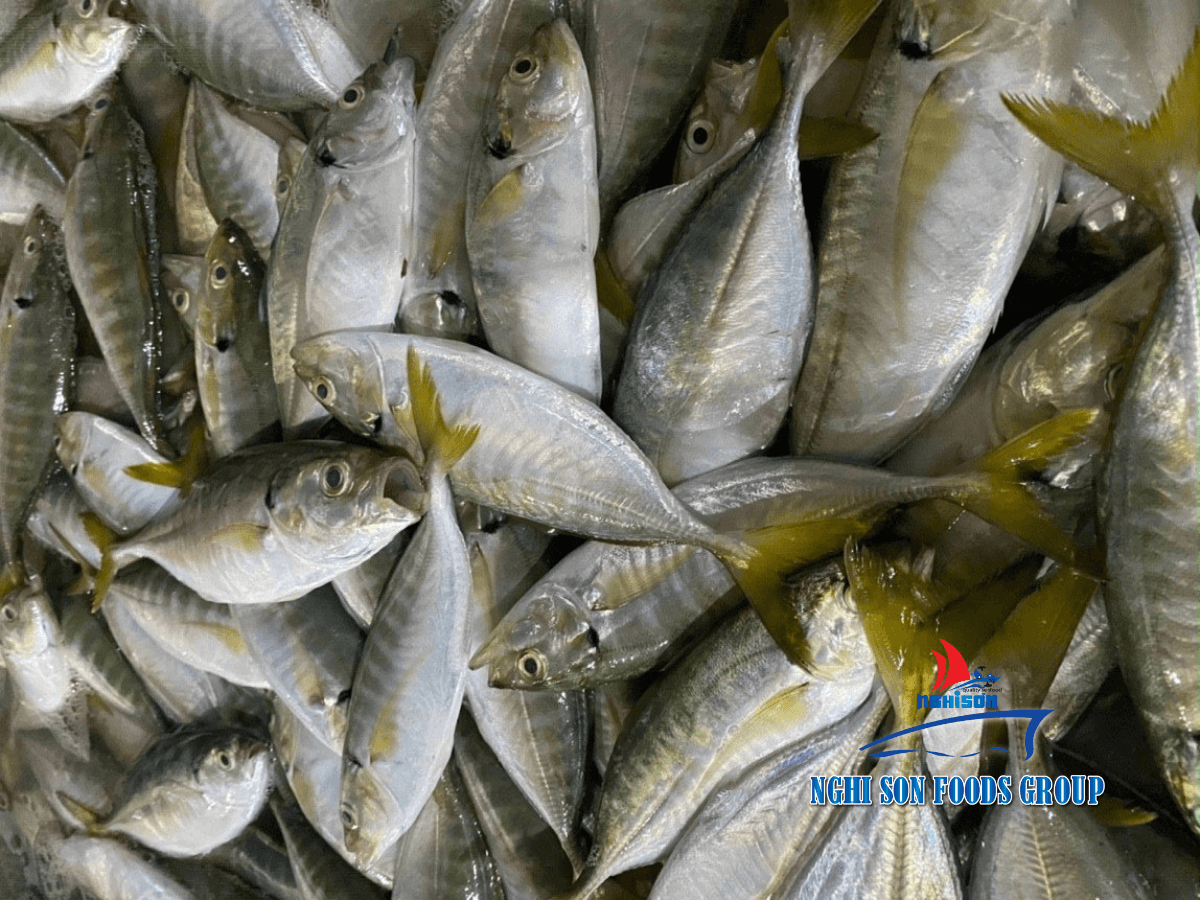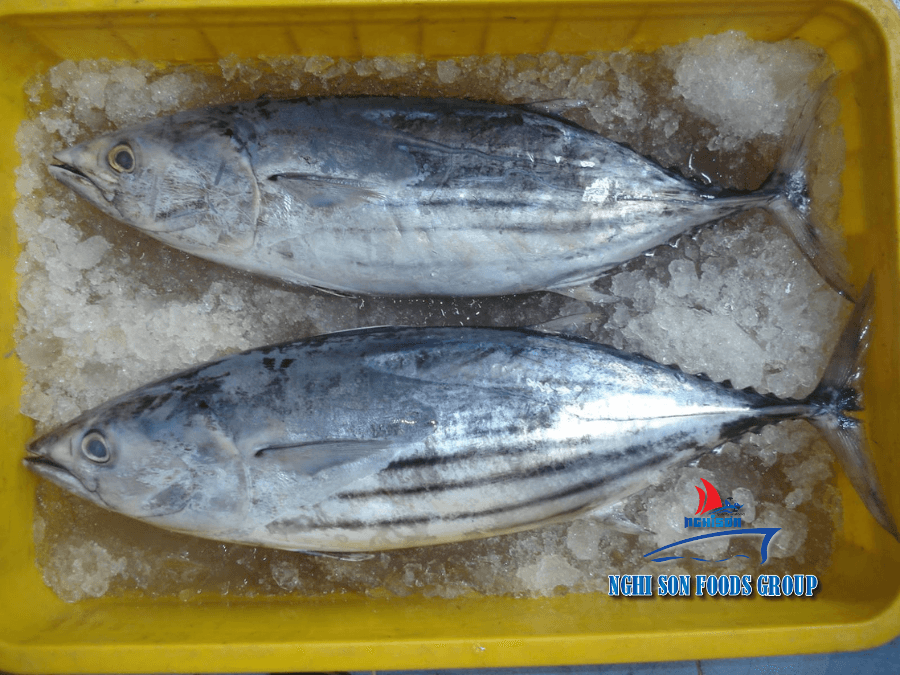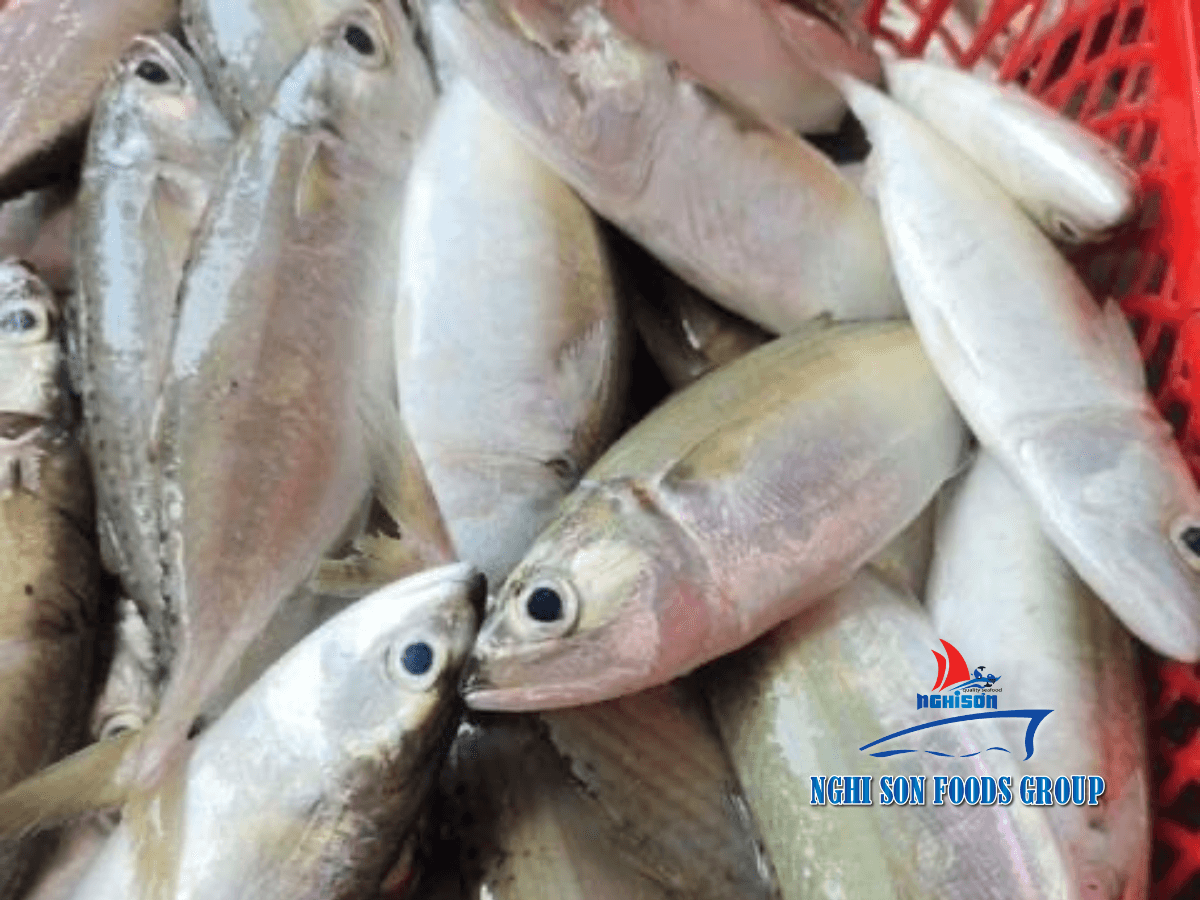Table of Contents
ToggleSevere Shock to British Fishers
The coronavirus outbreak has dealt a significant blow to British fishers, causing a “very severe shock” to their livelihoods. The demand for seafood from export markets and domestic restaurants has dramatically decreased, resulting in a challenging situation for the industry. With approximately 70% of the UK’s catch being exported to Europe and Asia, the reliance on these markets has left fishers particularly vulnerable.

Potential Bargains for Consumers
Amidst the crisis, there may be some silver linings for consumers. Fishing leaders have noted that normally expensive seafood, such as Dover sole and lobster, could end up being available at bargain prices in local fishmongers.
With the decline in export demand, these high-value species that are typically sent to the continent or supplied to UK restaurants may find their way to domestic markets, offering consumers an opportunity to try premium seafood at more affordable prices.
Impact on Fishers and the Economy
The self-employed crews operating the 2,500 boats that fish in inshore waters face significant challenges as they bear the brunt of the crisis. These fishers not only face direct financial implications but also support five times as many jobs onshore, emphasizing the broader economic impact of the decline in fishing activity.
While the desire is for the shutdown to be temporary, it presents a unique situation where a pause in fishing activity could lead to the recovery of marine life populations.
Possibility of Marine Life Recovery
Scientists suggest that a temporary halt in fishing activities could allow marine life numbers to recover. This pause provides an opportunity for fish populations to replenish and ecosystems to regain their balance. While the circumstances surrounding the pause are challenging, the potential positive environmental outcomes cannot be overlooked. It is a reminder of the interconnectedness between human activities and the well-being of marine ecosystems.
Barrie Deas, the chief executive of the National Federation of Fishermen’s Organisations, acknowledges the severity of the situation and the impact on specific markets such as UK crab exports to China. He emphasizes that although the potential domestic availability of prime seafood may not fully substitute for the loss in exports, it presents an opportunity for consumers to explore and enjoy these premium products at more accessible prices.
Conclusion
The coronavirus outbreak has had a significant negative impact on British fishers, leading to a decline in demand from export markets and the domestic restaurant trade.
However, this situation also presents an opportunity for consumers to find bargains on premium seafood, and a temporary pause in fishing activities could contribute to the recovery of marine life populations. Balancing the immediate challenges with the potential for positive outcomes will be crucial in navigating these unprecedented times for the fishing industry.


















